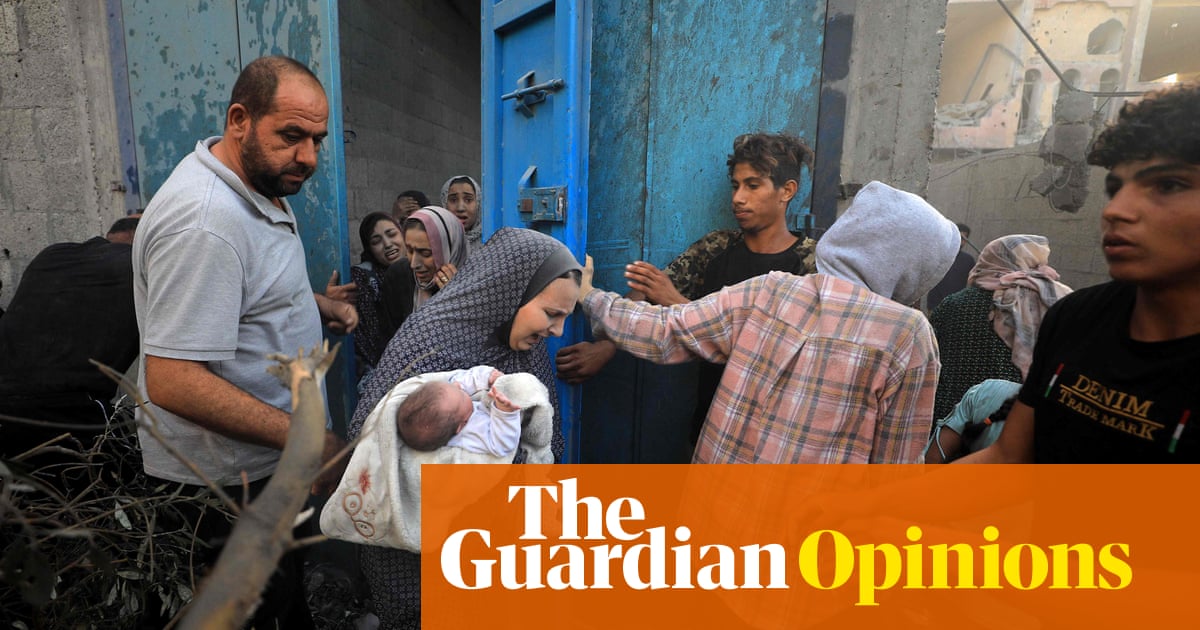
A question: “Why are the Saudis succeeding as many around them fail?” It seems a simple question, but the answer is extremely complex and cannot be summed up in a newspaper column. First of all, you might end up disappointed if you think that this article is flattering, as politics is a science that demands looking into political and social phenomena to understand what is going on in the world.
In his book “Why Nations Fail,” James Robinson, a politics professor at the University of Chicago, identifies the indicators and signs of successful and failed states. The former, in his view, seeks to raise the standard of living of citizens within their borders, while substantial numbers of citizens in the latter live below the poverty line.
Saudi citizens enjoy better living conditions than those of many neighboring countries. Over the past five years of King Salman bin Abdulaziz’s reign, during which Prime Minister and Crown Prince Mohammed bin Salman has administered the country, Saudi Arabia has succeeded in getting rid of the excessive burden imposed by the past, turning the state into a light traveler that avoids unnecessary luggage and heads directly to the streets after leaving the plane.
If you had asked experts of Saudi society and the Saudi state what they believed the future of the Kingdom would look like seven years ago and how long it would take the Kingdom to reach the point it now finds itself in, they would have told you that this kind of evolution would require half a century. And yet, all of this progress was made in just half a decade.
The progress the Kingdom has made is undoubtedly cumulative, with steps taken gradually since King Abdulaziz Al Saud unified the Kingdom and made it the largest space in which Arabs live in safety.
Under King Salman’s present reign, the pace and depth of change have been incredible. Although the system of government has not changed, the manner in which the relationship between society and the state is managed has changed substantially, as have relations among the different components of society, especially in the relationship between the genders. This is an indicator that a state has been successful. In order to avoid oversimplification, I admit at the outset that I am a student and outside observer who is merely peeling the top layer. Societies, however, are like an onion, they have many layers stacked on top of one another, and they will not all be addressed in this short column.
Other factors have certainly facilitated the growth and development of the state. Its oil wealth and its other financial strengths helped fuel social progress. However, the most prominent indicator is that individuals are being replaced by institutions in contemporary Saudi Arabia.
Handouts had been given by individuals seeking to buttress the social contract in the past, but this is now the role of institutions.
In her 1997 book “The Price of Wealth,” which began as a doctoral dissertation for Harvard University, Karen Chaudhry conducted a comparative study on the political economies of Saudi Arabia and Yemen. She compares and contrasts their rentier economies (Saudi Arabia derived yields from oil, and Yemen derived its yields from remittances) over three periods. This first period is that of state-building, which ended in 1973; then comes the oil boom period (1973/1983), which is followed by a period of economic decline (1984/1990). She looks at how this period of economic decline impacted the relationship between the state and society, concluding that the decline in gains derived from remittances pushed the Yemeni state to make encroachments, the decline of the Saudi economy empowered the private sector, with the state adjusting to the circumstances and developing its institutions.
Institutional development is the decisive criterion, in her view, for distinguishing successful states that respond to the needs of their society and failed states that exploit their society. Saudi Arabia has always been a flexible country, and it has shown greater flexibility in meeting the needs of broad segments of society during the reign of King Salman.
The quality of leadership is the engine of the train that moves society forward. Steering this train involves determining the pace at which it moves and linking the state and society. This prevents the train’s different railroad cars from being cut off from the engine. Over the past five years, the Kingdom has taken the state from the world of traditional societies to the world of modernity at the right pace.
Going back to James Robinson’s book and his pivotal question: why do some countries flourish while others fail? Many indicators, not all of them economic, help us explain. Questions of identity, society’s relationship with the state, how societies and institutions are organized, and a society’s criteria for what constitutes progress - whether they are built on competency or reward - are all significant. Other factors, such as geography, the capabilities of the state, and the culture of the community are also relevant.
If we were to use Max Weber’s book on Protestantism and the spirit of capitalism as a reference point, we would find that the Saudi state’s philosophy values individual capabilities and does not interfere in the private affairs of individuals in terms of legislation’s relationship to wealth and capital. This spirit resembles that which Weber had attributed to Western society’s development of the capitalist state.
There is an obvious emphasis on culture that points to the decoupling of a particular interpretation of Salafism from the ideology of the state and opening up interpretations of the rightly guided companions’ views. Indeed, the state did not emerge in 1744 because of the relationship between Sheikh Mohammed bin Abdul Wahhab and Imam Mohammed bin Saud; it emerged in 1727.
King Salman’s decision to put the history of Founding Day in its proper context has deep symbolism.
The question of culture and shedding the past’s burdens are pivotal to attempts to answer the question of why the Saudis succeed as others fail.
We should account for the Middle Eastern context in trying to answer the question. The fact is that development in our societies moves along at a faster pace from above, meaning that the bold decisions taken by the Saudi leadership regarding the relationship of society and the state, as well as religion (in its one-sided interpretation) and the state, have resolved issues plaguing other countries in the region. Other countries have not found solutions for these chronic problems, or their solutions have not changed the religious discourse, curbed terrorism, or made the other achievements realized by the Kingdom.
All of these issues were overcome by the leadership of a determined King who represents the historical continuity of a monarchy in constant renewal, washing away the impurities that are sometimes instilled in the state (and there are many examples) and establishing a formula that protects the state and society from threats. King Salman has always played a pivotal role in this process during the reigns of his predecessors.
Meanwhile, the leadership of the unwavering young prime minister and Crown Prince has been crucial to cleaning out all of the nonsense and contamination that had been obstructing progress behind the state’s back. He has thereby allowed the state to move forward and take confident steps toward the future without stumbling over the mud of the past.
The nature of the political system and the social contract in a monarchy doubtlessly differs from that of republican regimes. This patent fact will not be debated here, though it is a prominent aspect of the context for answering the question, “why are the Saudis succeeding as many around them fail?”
I think this matter demands deep contemplation and reflection. The answer can come in many forms, perhaps as many as the number of people seeking an answer. Nonetheless, it will remain a key question in the region for quite some time.
The boldness shown by both the state and society in rising to the challenge of change and propelling the paradigm shift that we have seen in the Kingdom requires a different approach to thinking and theorizing about the question. Those who thought that Saudi Arabia would remain the same for decades are particularly in need of changing their thinking. Those who had made such projections cannot be called foolish. In fact, many are researchers who used tools that were not useful for understanding what is, to say the least, not a simple (we could even say very complicated) scene.
However, the knack of King Salman and his Crown Prince and Prime Minister Prince Mohammed bin Salman for managing the country’s affairs, the rigor and robustness they have
shown- are nevertheless the decisive factor for this success. No one who manages to understand King Salman’s personality a little better can miss the precision and firmness of the Custodian of The Two Holy Mosques’ administration of the domestic scene.
The same is true for Crown Prince Mohammed bin Salman’s management of foreign relations, especially relations with the great powers and the countries of the region. Explaining these qualities would require a detailed article. Still, it is important that we note here that the Kingdom’s leadership managed to bring Muslim countries together to meet US President Donald Trump and then brought the Arab countries together in Riyadh to meet with Chinese President Xi Jinping.
This brings two things to mind. The first is that Saudi Arabia makes its decision on how to deal with the major power independently (non-alignment). The second is that we are looking at a young regional leader who has drawn the world’s attention, driving observers of Saudi affairs to reconsider their approach. Just as they accepted that they had misunderstood the domestic scene, they might admit they have failed to properly understand the Kingdom’s actions on the world stage... and this conservation is to be continued.












